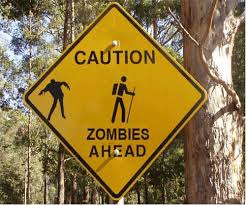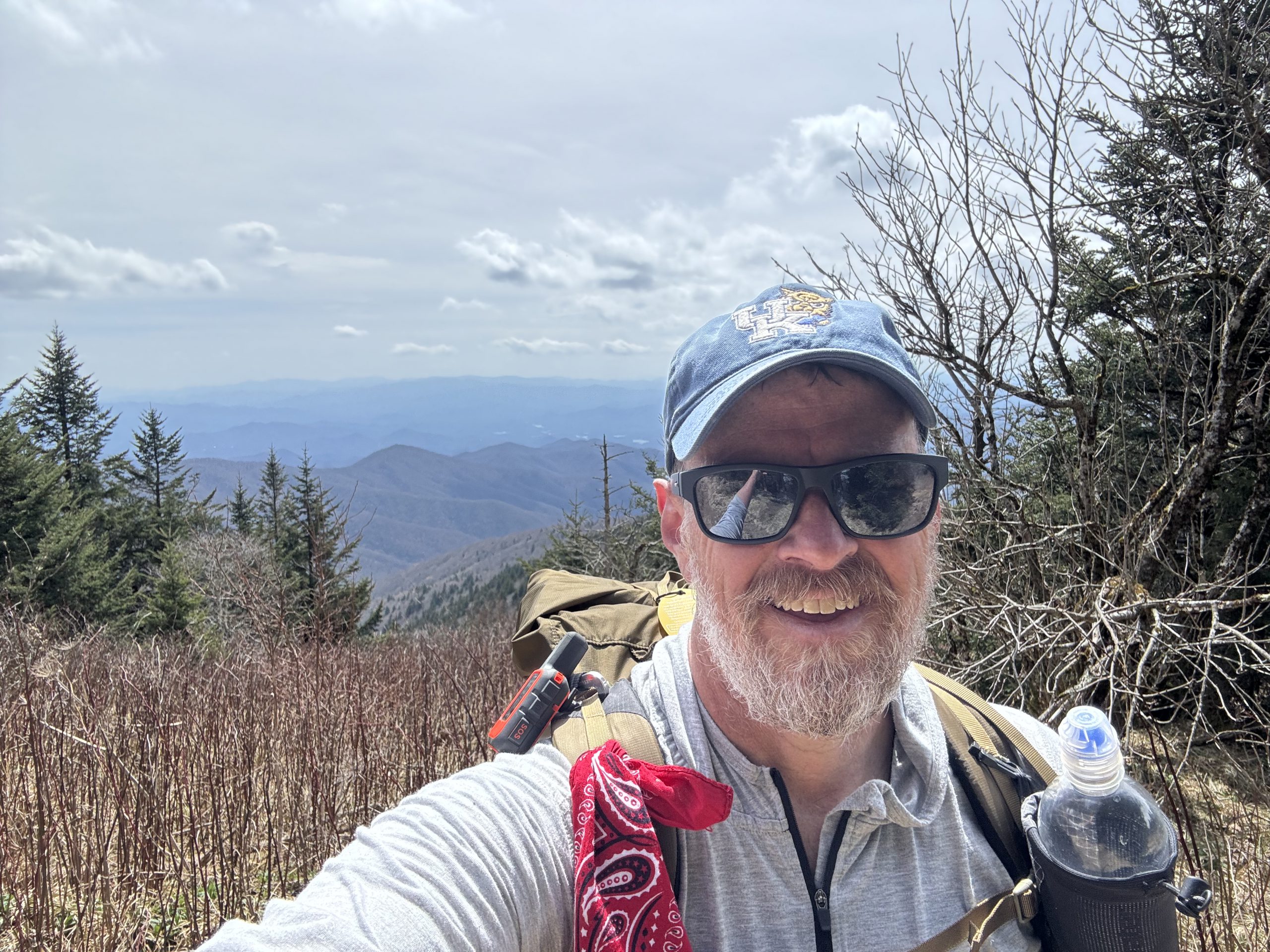Random thoughts, musings and things I think are interesting…
-

Day 18 – South of Indian Grave Gap to Peck’s corner shelter
What a difference a month makes! Everything is in bloom and the weather was amazing. I started the morning at the Laughing Heart hostel in Hot Springs. I was leaving too early to get breakfast there so I moved my car to trail parking behind the hostel, grabbed my bag and walked down to the…
-

28 days later
Writing this from The Smoky Mountain Diner in Hot Springs NC. Waiting on my breakfast and my shuttle (hopefully in that order) back to where I got off trail 28 days ago, just a little south of Newfound gap in the smokies. I’m coming back with a slightly lighter kit and an entirely revamped approach.…
-

Adjustment
While I still have 3 more weeks of rest and rehab, I think I’ve come to some decisions about what’s next. There’s more I’ll share here in the next few weeks on what went into these decisions / what I learned about myself / the trail from the start of my TH attempt (and some…
-

Getting back on the trail
Just got back from my local doc and had both an ultrasound and an MRI. They saw the same thing the urgent care doc in Tennessee saw – swelling and some light tearing in the left with the bonus of some swelling in the right as well. The prescription is the same as well: three…
-

Day 16 – Derrick Knob Shelter to Gatlinburg
This is a “catch-up” post being made from home while I await my doctor’s appointment this afternoon to get a second opinion on my achilles injury and rehab. The events described in this post took place on March 31 2024. I didn’t want to roll into camp at 8:00 again, so I had set my…
-

Day 15 – Birch Spring Campsite to Derrick Knob Shelter
This is a “catch-up” post being made from home while I await my doctor’s appointment this afternoon to get a second opinion on my achilles injury and rehab. The events described in this post took place on March 30 2024. So I didn’t get a chance to even capture notes or draft something at the…
-

Day 17 – Gatlinburg to…home
The timing of this post is unfortunate it being April 1 and all. TBH, I wish that I was clever enough to come up with something like this. And I wish even more it was an April fools joke. I also know I skipped a few days from my last post. That has to do…
-

Day 14 – Cable Gap Shelter to Birch Spring camp site
There have been days out here where nothing much happens. I wake up, pack up, walk eat, walk,filter water, walk, setup, sleep. Then there are days where almost too much happens. This was one of those days. It was a day filled with gratitude, grace and good fortune (noted a “G” below). I woke again…
-

Day 13 – Locust Cove Gap to Cable Gap Shelter.
Today was nearly perfect hiking weather. The morning started cold but it warmed up to the mid 50s without much wind. I woke up about 7 and although it felt like I was flying through things, by the time in had everything packed up and had had breakfast it was still a little after 8…